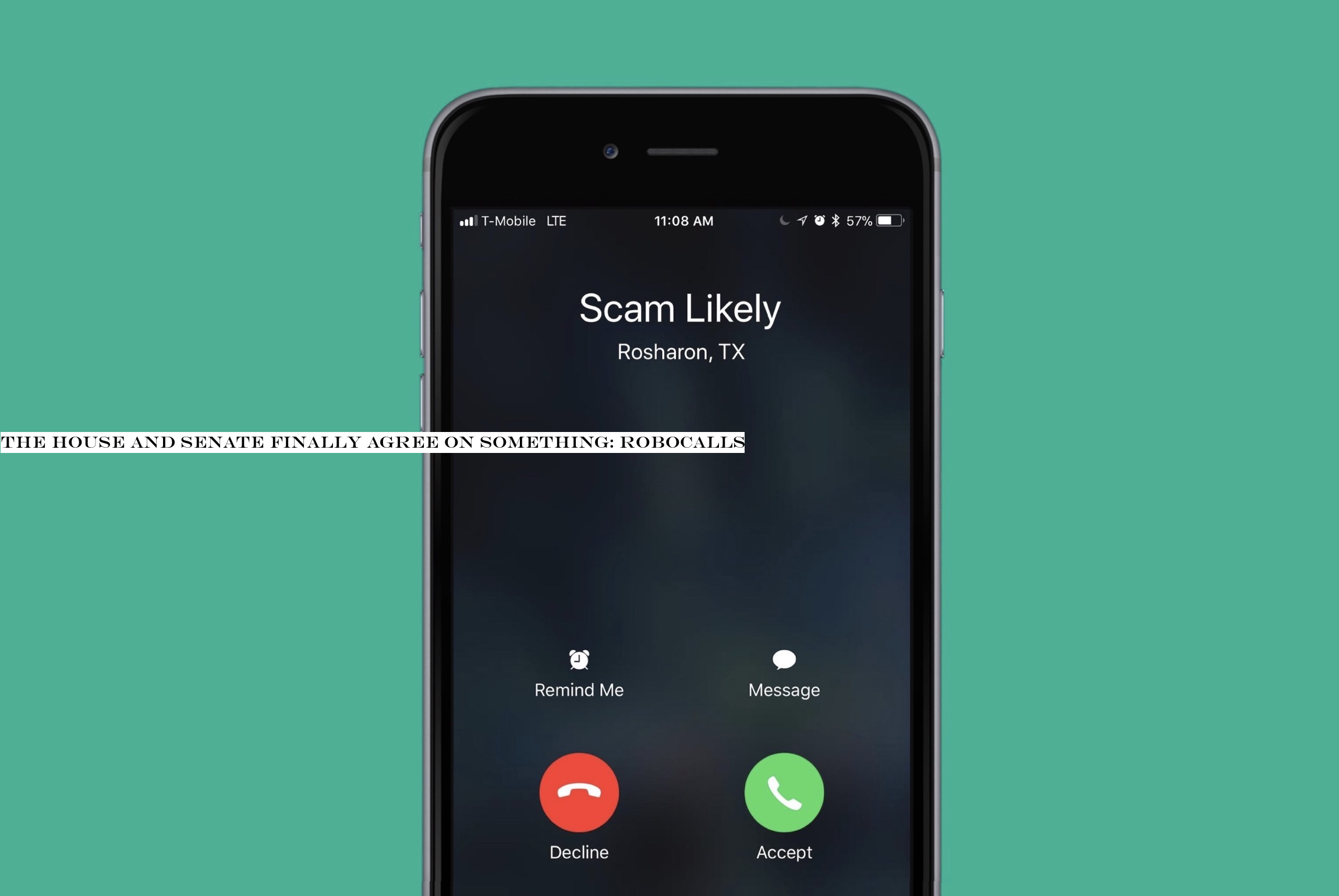Technology

All right, stop me if you've heard this one before: After months of rumors and teasing, a snazzy new foldable phone is breaking cover — and promising to change the very way we think about mobile technology. Oh, but in reality, it's expensive and almost certain to be laden with compromises, not least of all its subpar-looking and inherently fragile display.
It's a familiar tale for anyone who follows tech news even a little, thanks to Samsung's high-profile Galaxy Fold fiasco, and it's starting all over again with the latest overhyped entry to the foldable phone fold: the new Motorola Razr, which brings the classic flip-phone form back with a 2019 twist and a $1,500 price tag. The phone goes on sale December 26th and is available for now only in the U.S. and only on Verizon — another throwback to a bygone era of mobile technology, though one that's perhaps a tad less endearing.
To read this article in full, please click here
- Details
- Category: Technology
Read more: Motorola's new Razr gives me hope for the future of foldables
Write comment (98 Comments)
It doesn&t always take the drama of a zero-day vulnerability like we saw in September to get our attention. Make no mistake: This is still a really big update for the Windows platform. Two vulnerabilities deserve our attention. The first (CVE-2019-1429) relates to a vulnerability in the Microsoft Script Engine which has been reported as publicly exploited. And the second, (CVE-2019-1457) is a publicly reported exploit in Microsoft Excel. We also think that the critical update to Exchange Server (CVE-2019-1373) will require immediate attention.
To read this article in full, please click here
- Details
- Category: Technology

Back in the day, the company where this pilot fish works has part of its operations on a mainframe — and mostly thatfine.
&The start of the month — running reports from the prior month — was the busiest time,& says fish. &Fortunately, there was enough capacity that only at month-end did the system hit its limits, and sometimes not even then, if things were spaced out a bit.
But then some system engineers decide to cut the capacity of the system by half and sell off the units making up the excess capacity. They call this a win-win: The company will rake in some money, and the system will be utilizing more of its capacity more of the time.
To read this article in full, please click here
- Details
- Category: Technology
Read more: Throwback Thursday: Oh, sorry, did someone sell off half of YOUR capacity
Write comment (90 Comments)
- Details
- Category: Technology
Read more: Amazon To Challenge $10 Billion Pentagon Contract Given To Microsoft
Write comment (96 Comments)
- Details
- Category: Technology
Read more: Facebook Is A Cesspool Of Fake Accounts And Hate. Here's What They've Done About It.
Write comment (98 Comments)
In these times of political strife, itnice that despite our differences we can still band together as a nation in the face of a catastrophe that affects us all equally. I speak, of course, of robocalls, and it seems that the House and Senate have put their differences aside for the present in order to collaborate on a law combating this scourge.
Despite a great deal of FCC bluster, a few high-profile fines and some talk from telecoms about their plans to implement new anti-robocall standards, half the countryphones are still blowing up regularly with recordings and scammers on the other side.
If regulators find it difficult to act, ultimately whatneeded is legislation, and lawmakers — who no doubt are receiving the calls themselves, which might have given the task a special urgency.
As often happens in Congress, two competing versions of the bill emerged to address this issue, and both passed in their respective chambers earlier this year. Now the leaders of the committees involved have announced an &agreement in principle& that will hopefully allow them to pass a unified version of the bill.
The &Pallone-Thune TRACED Act& owes its name to its primary sponsors — Rep. Pallone (D-NJ) and Sen. John Thune (R-SD) — and the earlier and superior acronym from the House act, Telephone Robocall Abuse Criminal Enforcement and Deterrence.
&Our agreement will require telephone carriers to verify calls and allow robocalls to be blocked in a consistent and transparent way, all at no extra charge to consumers. The agreement also gives the FCC and law enforcement the ability to quickly go after scammers,& said Rep. Pallone in a statement accompanying the news.
The bill text is expected to be finalized in a matter of days, and it will hopefully make it onto the legislative calendar in a hurry.
Meanwhile, the FCC has been waiting patiently for telecoms to implement SHAKEN/STIR, an anti-spoofing measure they can implement on their networks, repeatedly warning that it will eventually take action if they don&t. A resolution in June made clear that robocalls from outside the country are legal to block, but didn&t say anything about potential fees. Fortunately the act mentioned above does make sure consumers don&t get dinged for the service.
- Details
- Category: Technology
Read more: The House and Senate finally agree on something: Robocalls
Write comment (91 Comments)Page 344 of 5614

 15
15